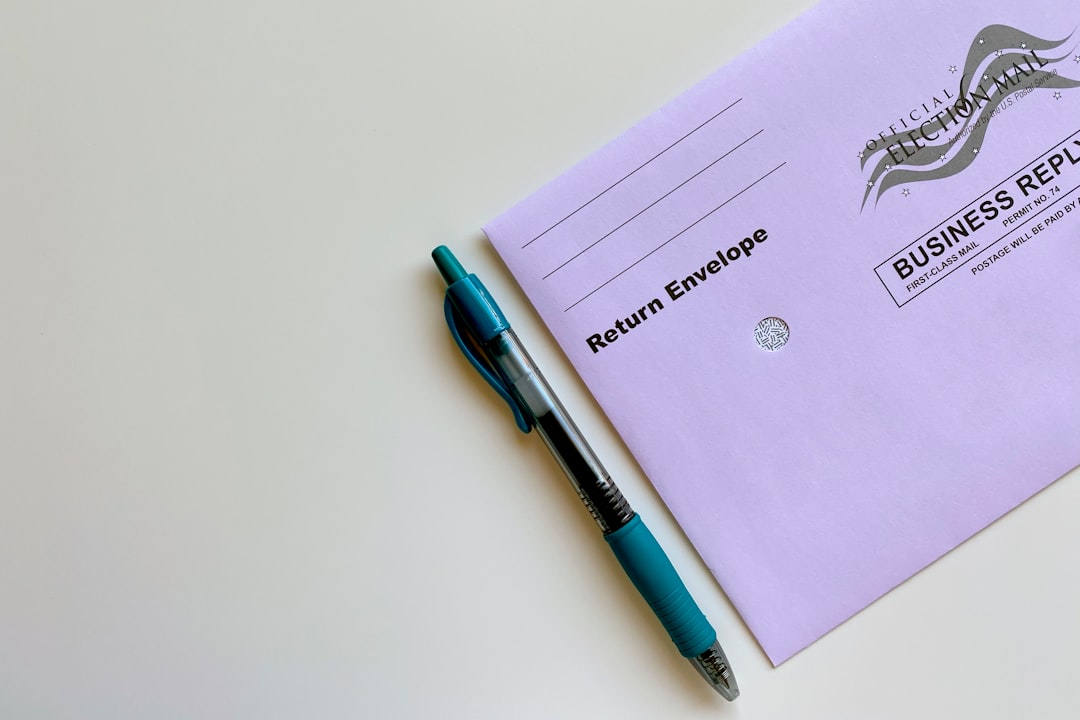State Senate passes bill to end ballot drop-off boxes
With a vote of 29-20, the legislation now moves to House for a vote.

Update: The Pennsylvania Senate on Wednesday passed a bill that would eliminate multiple voting drop-off boxes in a county and require instead that mail-in ballots be either mailed to or turned in at a single, central location at a county seat.
The vote was 29-20. State Sen. Pat Browne, R, was a co-sponsor and voted yes. State Sen. Lisa Boscola, D-18th, voted no. The bill is now headed to the Republican controlled House. The measure faces a veto by Gov. Tom Wolf, D.
Read previous story on Senate Bill 1200 below.
A Republican-backed bill has been introduced in the state Senate to eliminate multiple voting drop-off boxes in a county and require instead that mail-in ballots be either mailed to or turned in at a single, central location at a county seat.
Senate Bill 1200 was introduced on April 9 by state Sen. Cris Dush, R-25. Allentown state Sen. Pat Browne, R-16, is among the 26 Republican co-sponsors.
“It’s important for the public to understand that drop boxes were created by the courts out of thin air through an undemocratic and uncollaborative process that was entirely independent of the Legislature,” said state Sen. Jake Corman, R-34, the Senate President Pro Tempore, in a press release. Corman is one of the prime sponsors of the bill.
“This key reform is a good first step to help restore the public’s faith in the sanctity of our voting system so Pennsylvanians can once again have an election system they believe in,” he said.
Another prime sponsor, Senate Majority Leader Kim Ward, R-39, said via Twitter it is the first of many election integrity proposals Republicans will introduce this week.

The State Government Committee, where Dush is vice chair, approved the legislation on a 7-4 party line vote Monday. The legislation can move to the full Senate for consideration.
Senate Democratic Leader Jay Costa criticized the Republican-backed bill.
“Since we passed Act 77, which allowed for drop boxes, we have had countless hearings, convened the Election Law Advisory Board, and the Department of State published a report on the functionality of mail-in voting. No experts recommended the elimination of drop boxes,” he said in a statement issued Monday afternoon.
“Experts and county elections officers have asked for a longer timeline to pre-canvass mail ballots; they’ve asked for better pay for poll workers. Republicans have not moved on those bills. At this point, Republicans have given up trying to win your vote and instead are trying to make it harder for you to cast one at all.”
The Republican press release mentions examples of misuse, including Lehigh County, where last week an investigation showed “likely hundreds of instances” where people illegally deposited more than one ballot in voting drop-off boxes – a violation of state voting law.
District Attorney Jim Martin last week said there would be no prosecutions because it is impossible to determine the identity of most of the violators.
Martin said the investigation confirmed a Jan. 20 complaint from Joe Vichot, chairman of the Lehigh County Republican Committee.
Vichot discussed the ballots at a state Senate Intergovernmental Relations Committee hearing on March 31 where he showed a video that appeared to show a man dropping off multiple ballots.
Lehigh County had five drop-off ballot boxes, all of which were under video surveillance, in between Oct. 18 and Nov. 2.
The boxes were at Emmaus Borough Hall, the North Whitehall Township Building, the Lehigh County Authority Office in Lower Macungie, Fountain Hill Borough Hall and the Lehigh County Government Center.
The bill comes as the state Supreme Court has yet to rule on a challenge to Act 77, the 2019 law that allowed no-excuse, mail-in voting and brought about a deluge of deliveries to drop-off boxes amid the covid pandemic.
Act 77 had bipartisan support when it passed, but was spurned by Republicans after mail-in ballots helped Democrat Joe Biden best then President Trump in the 2020 General Election in Pennsylvania.
Prior to the passage of Act 77, voters could only vote by absentee ballot if they were out of their municipality on Election Day, had a disability or illness that prevented them from making it to the polls or were engaged in official Election Day duties.
The consolidated lawsuit over Act 77 included legal action by filed by State Rep. Timothy R. Bonner, R-8, who was not in office when it passed, and 13 House members. Only one of the plaintiffs who was in office at the time voted no to Act 77.
The plaintiffs argued that Article VII, Section 14 of the Pennsylvania Constitution requires voters to be present to cast ballots at polling places, except when they meet constitutional exceptions noted above.
Any changes, they argued, would have to be approved under a constitutional amendment, an arduous process that can take years.
The case ended up before the state Supreme Court after the Commonwealth Court on Jan. 28 ruled the law unconstitutional in a 3-2 decision.
On Feb. 16, Commonwealth Court Senior Judge Mary Hannah Leavitt issued an order saying the law would expire in two weeks, meaning no-excuse, mail-in voting wouldn’t be allowed in the May 17 primary.
The state Supreme Court lifted Leavitt’s order as it considered the appeal.
Robert H. Orenstein contributed to this report.


